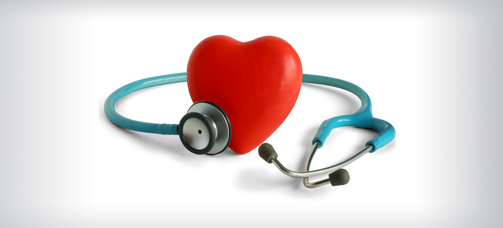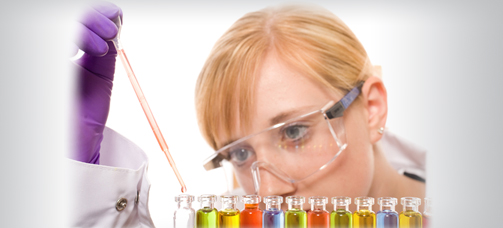Migraine Headaches
Migraine Headaches
How To Recognize a Migraine Headache
Migraine headaches are quite common (affects over 1 in 10), and typically involve a throbbing or pulsing pain on one side of the head. Migraines are often associated with other symptoms such as nausea, vomiting, blurred vision, and sensitivity to light, sound, and even smell.
Before a migraine starts, some people experience a warning sign called an “aura”. Auras produce such symptoms as flashes of light, blind spots, or tingling in an arm or leg.
When to Seek Help
It is important to get help by going to the emergency department or calling 9-1-1 if:
- If you are experiencing “the worst headache of your life”
- If you develop migraine symptoms you have never had before
- You have troubles with your vision, speech, loss of balance, or trouble moving that you have never had before
- The headache comes on very suddenly
-Migraines often go undiagnosed or improperly treated. If you think you may be suffering from migraine headaches, keep a journal or logbook of your headaches and symptoms and see your healthcare provider to discuss management options.
Prevention
- Regular sleep and exercise can do wonders to prevent migraine headaches
- Stress can have a large influence on migraines, so practice various stress management techniques to find what works for you. Examples include yoga, meditation, physical activity, personal hobbies, counselling, or guided imagery
Some foods (or particular ingredients in certain foods) may be triggers for migraine headaches. Avoidance of some of these products may prevent a migraine from occurring. Foods that may trigger a migraine include:
- Any foods that contain MSG (monosodium glutamate)
- Any processed, fermented, pickled, or marinated foods
- Meats containing nitrates such as hot dogs, salami, bacon, or cured meats
- Baked goods, chocolate
- Dairy products – especially aged cheese
- Certain fruits (ex. banana, citrus fruits, avocado, figs)
- Nuts and certain beans
- Red wine/alcohol, smoked fish, and chicken liver
Other migraine triggers to avoid may include:
- Certain perfumes/odors
- Loud noises
- Bright lights
- Smoking
Treatment
If a migraine cannot be prevented, treatment is centered on acting right away. The sooner you treat your migraine, the less severe the headache may be. Migraine medications, called “triptans” may be prescribed. Triptans work best if taken immediately.
Other medications such as ibuprofen may help to decrease the severity of your migraine. Other aspects of migraine management include:
- Rest in a dark, quiet room
- Place a cool cloth on your head
- Drink fluids – ideally water – to avoid dehydration (especially if you have vomited)
For those with migraines occurring multiple times per month, medication to prevent the headache in the first place may be an option, rather than treating it each time it occurs. The right medication in combination with the preventative strategies listed above may be key to reducing the frequency and/or severity of your headache.
For those with new, worsening, or frequent headaches, it is best to see your healthcare provider to determine the best management plan for you.
*Note: the above advice does not replace the advice of your healthcare provider. If ever you have any questions or concerns, it is best to seek the advice and diagnosis from your own healthcare provider.
References
www.nlm.nih.gov/medlineplus/ency/patientinstructions/000420.htm
www.mayoclinic.com/health/migraine-headache/DS00120/
Uphold, & M. Graham, Clinical guidelines in family practice, Fourth Edition. Florida: Barmarrae Books, Inc.





